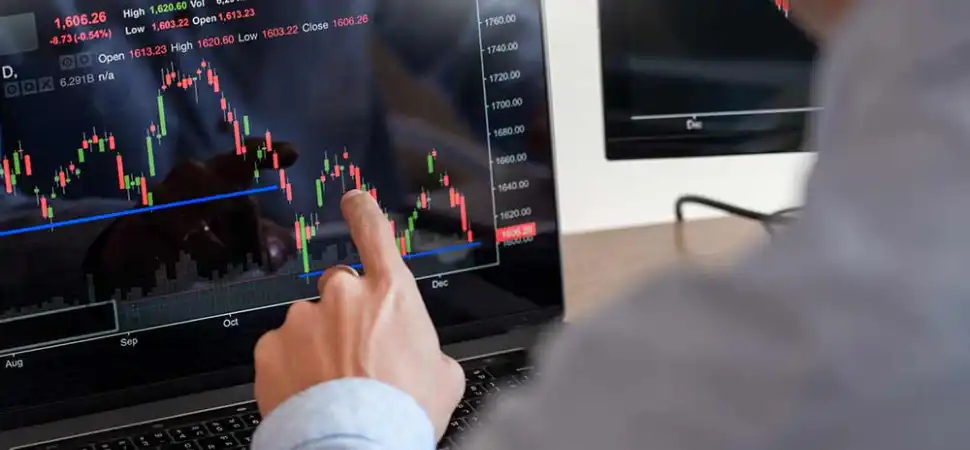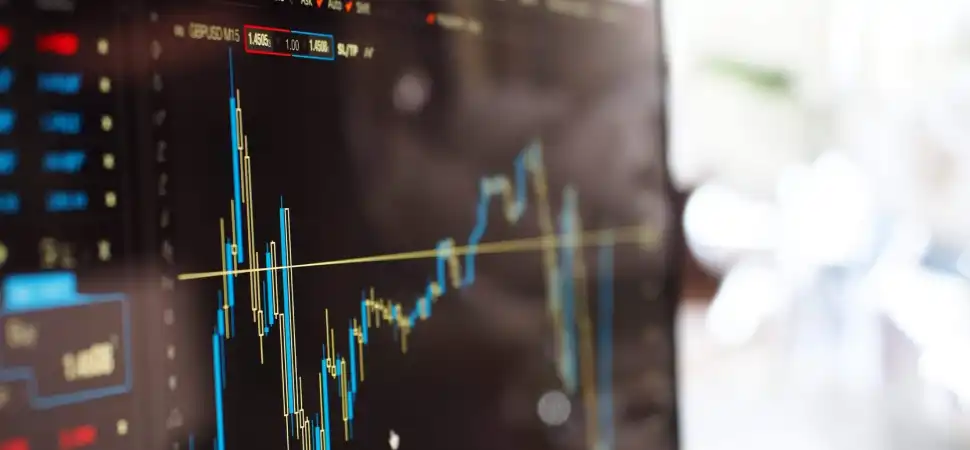18.07
Share ArticleCurrency Pairs: Up and Down Factors

The Forex market is a complex and dynamic system that is influenced by many factors. It is the largest and most liquid financial market in the world. Forex is influenced by many factors including economic data, political events, central bank decisions and global financial trends. Trading in this market takes place around the clock, except on weekends.
Economic Indicators
Economic indicators are statistics that reflect the state of a country's economy. These indicators include gross domestic product (GDP), inflation, employment and interest rates. The release of new economic data can cause currency pairs to fluctuate because it can change the market perception of the strength or weakness of a country's economy. For example, if a country's GDP exceeds expectations, investors may believe that the country's economy is in good health, which can increase demand for its currency.
Political events
Political events can change exchange rates significantly. Political instability, changes in government and geopolitical conflicts can greatly affect a country's economy and therefore its currency. For example, the Brexit referendum in 2016 caused the British Pound to fluctuate dramatically as the market reacted to the uncertainty surrounding the UK's future relationship with the EU.
Central bank actions
Central banks play an important role in the foreign exchange market as they can influence interest rates and the money supply. Changes in interest rates can affect fluctuations in currency pairs as higher interest rates can lead to an increase in demand for currencies. Central banks can also intervene in the foreign exchange market by buying or selling their currency to affect its value.
Positive market sentiment can increase the demand for currency, while negative sentiment can cause it to decrease. Market sentiment depends on many factors such as the release of economic data, political events and news headlines. Fluctuations in currency pairs depend on many factors including economic indicators, political events, central bank actions and market sentiment. Successful traders must have a deep understanding of these factors and their impact on currency pairs in order to make informed trading decisions.

The role of spot trading in currency pair fluctuations
Spot trading is the exchange of currencies at the current market rate with the expectation of settling the trade within two business days. This type of trading is the most direct way of entering the foreign exchange market and is usually used by individuals, institutions or companies wishing to exchange currencies for immediate delivery. Spot trades play a significant role in the fluctuations of currency pairs. Spot trades affect the supply and demand of currencies in the market, which in turn affects exchange rates:
- Direct demand: Spot trades directly reflect the current demand for a particular currency. When the demand for a currency is high, its price rises and when demand is low, its price falls. For example, if demand for the US dollar is high, its value will increase and the USD/EUR currency pair will have a higher exchange rate.
- Market Sentiment: Spot trading is also a reflection of market sentiment. The Forex market is prone to speculation and market sentiment can be influenced by various factors such as economic, political and social events. For example, if there is a political crisis in a country, the market sentiment may become negative, leading to a decline in the exchange rate. Such negative sentiment may lead to an increase in spot transactions, which will have a significant impact on the fluctuations of currency pairs.
- Liquidity: Spot transactions also significantly affect the liquidity of a currency. Liquidity characterises the ease with which a currency can be bought or sold in the market. High liquidity means that the currency can be easily exchanged, while low liquidity indicates a limited market where buying or selling the currency may be difficult. Spot trades can influence the liquidity level of a currency and therefore the fluctuations of a currency pair.
- Arbitrage Opportunities: Spot trades can open up arbitrage opportunities in the Forex market. Arbitrage is a trading strategy based on simultaneous buying and selling of the same asset in order to profit from the price difference. Spot trades can result in price differences between different currency pairs, allowing traders to exploit these differences for profit.
Spot trades are significant to the fluctuations of currency pairs. They influence the supply and demand of currencies, reflect market sentiment, determine liquidity and create opportunities for arbitrage. It is important for traders to recognise how spot trades affect currency fluctuations in order to make informed trading decisions.
Reviews